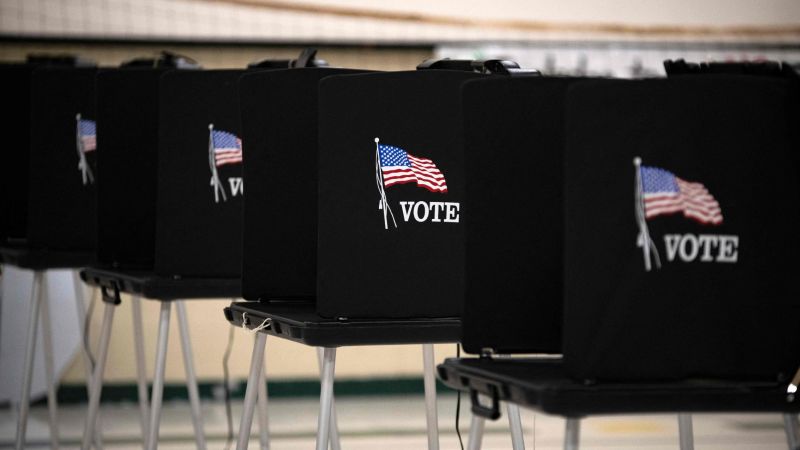

A version of this story appeared in The Point newsletter. To get it in your inbox, sign up for free here.
CNN
—
Here’s an amazing stat for you: Just 10 incumbents have so far lost their bids for House, Senate and governor in the 2022 general election.
That number includes nine House members – two of whom lost to fellow incumbents – and one governor, Nevada’s Steve Sisolak. (CNN has yet to project a winner in several House races and the Alaska governor’s race, where GOP Gov. Mike Dunleavy is seeking another term.)
To date, not a single senator has lost reelection – although Alaska GOP Sen. Lisa Murkowski’s race has yet to be called and Democratic Sen. Raphael Warnock is in a December 6 runoff in Georgia.
In a slide deck seeking to understand what happened in the 2022 election, Republican lobbyist Bruce Mehlman wrote: “Voters sought stability at a time of heightened anxiety.”
Looking at the lay of the land, it’s hard to argue with that.
In the Senate, just a single seat – Pennsylvania – has switched party control so far. On the House side, Republicans could be on their way to a 222-213 majority – which would be the exact same wafer-thin margin that Democrats had in the 117th Congress.
That makes it difficult to conclude that the midterm was, in any meaningful way, a change election.
Which is, at first blush, shocking. After all, the exit polls are littered with data that would suggest the public was ready for change. Consider:
* Three in four midterm voters nationally (76%) said the state of the economy was poor or not good.
* 79% said inflation had caused them either severe or moderate hardship.
* 73% said they were either angry or dissatisfied about the the way things were going in the US.
That certainly looks like an electorate ready to make a major change. But it didn’t. So, what gives?
I suspect that Mehlman’s got the right of it. Call it the ‘devil-you-know’ election. Voters weren’t thrilled with the way things have been going, but didn’t feel strongly enough to throw the bums out.
I also think there was a strain of concern about democracy mixed in there as well. Voters saw how fragile democracy was on January 6, 2021, and were mindful of voting in inexperienced politicians – or people who flat-out branded themselves as election deniers.
The Point: Voters largely chose the status quo in the midterms – even though they were pretty unhappy about the state of affairs in the country. It’s a good reminder that how people vote is rarely determined by a single factor.
